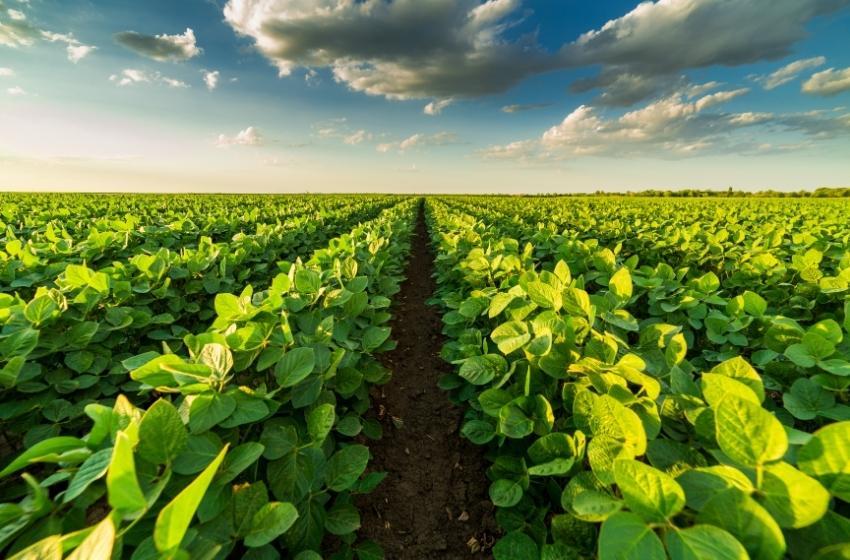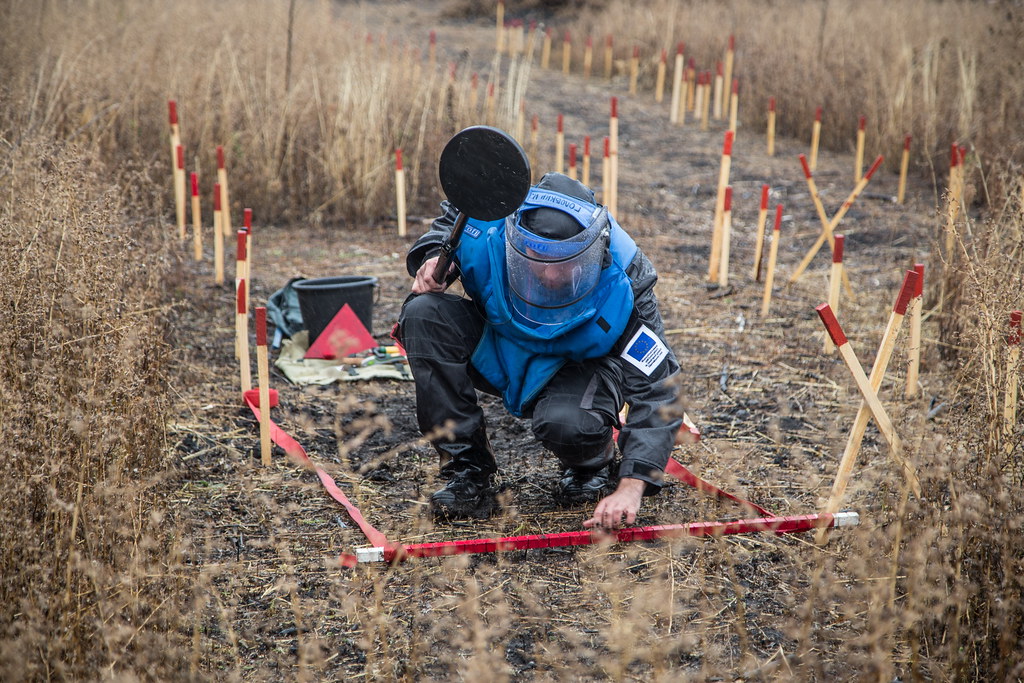Domestic political instability, the likelihood of conflict and mass migration from Asia and Africa are all possible consequences of food blackmail by russia and the continued blockade of Ukrainian seaports.
This was stated by the Minister of Agrarian Policy and Food of Ukraine Mykola Solsky at the opening of the G7 Ministerial Conference of Agriculture in Stuttgart on May 13.
He stressed the need to create an influential Organization of Grain Exporting Countries and spoke about the basic principles of its activities.
"Due to the blockade of Ukrainian seaports, 7 million tons of wheat, 14 million tons of corn grain, 3 million tons of sunflower oil and 3 million tons of sunflower meal and other crops did not enter the world market. This has already led to a record rise in world market prices and will inevitably result in a global food crisis and rising inflation," said Mykola Solsky.
He stressed that the rise in the price of grain leads to an automatic increase in prices for other basic food products around the world - bread, dairy products, meat and eggs. This situation will be especially critical for the countries of Asia and Africa, whose population spends up to 40% of their total expenditures on food.
The consequence of all this may be domestic political instability and the likelihood of an outbreak of conflict, on the other hand - the population will be forced to seek a better fate on the borders of more developed countries, predicts Mykola Solsky.
He invited his colleagues to discuss the creation of an influential organization of major grain suppliers in the world, which would respond to current challenges and threats to food security, including from the russian federation.
Ukraine sees the following basic principles of this organization:
- setting limits on grain exports in order to stabilize prices and market predictability;
- development of a mechanism for directing excess balances of agricultural products to the needs of the "green" sector of the economy;
- the application of joint restrictive measures against hostile actions by food importers (especially in the case of barriers to third countries' imports of processed products);
- grain residues contracted by third countries should be stored to a large extent in the producing countries.
"Never before in the G7 have we been so unanimous in all departments: the war against Ukraine also has serious consequences for global food security," said Minister of Food and Agriculture of Germany Cem Özdemir
at the opening of the G7 Ministerial Conference.
"We are on your side! Today we will discuss again how we can support your country and your agricultural sector, " the Federal Minister assured.
Cem Özdemir also stressed the urgent need to transform the world's food systems - in terms of production and consumption, as well as the impact of russia’s armed aggression.
In the coming days, G7 agriculture ministers must work out joint sustainable solutions that will ensure global food security and create a stable economic base for farmers.





















